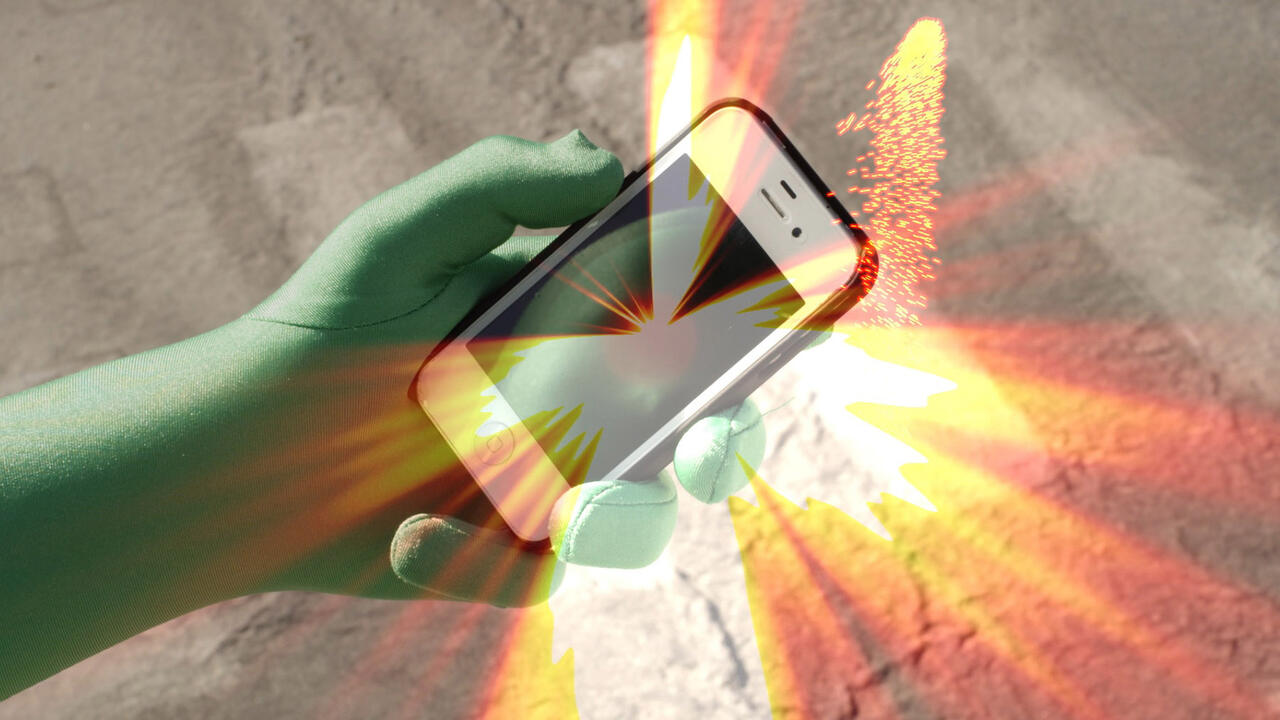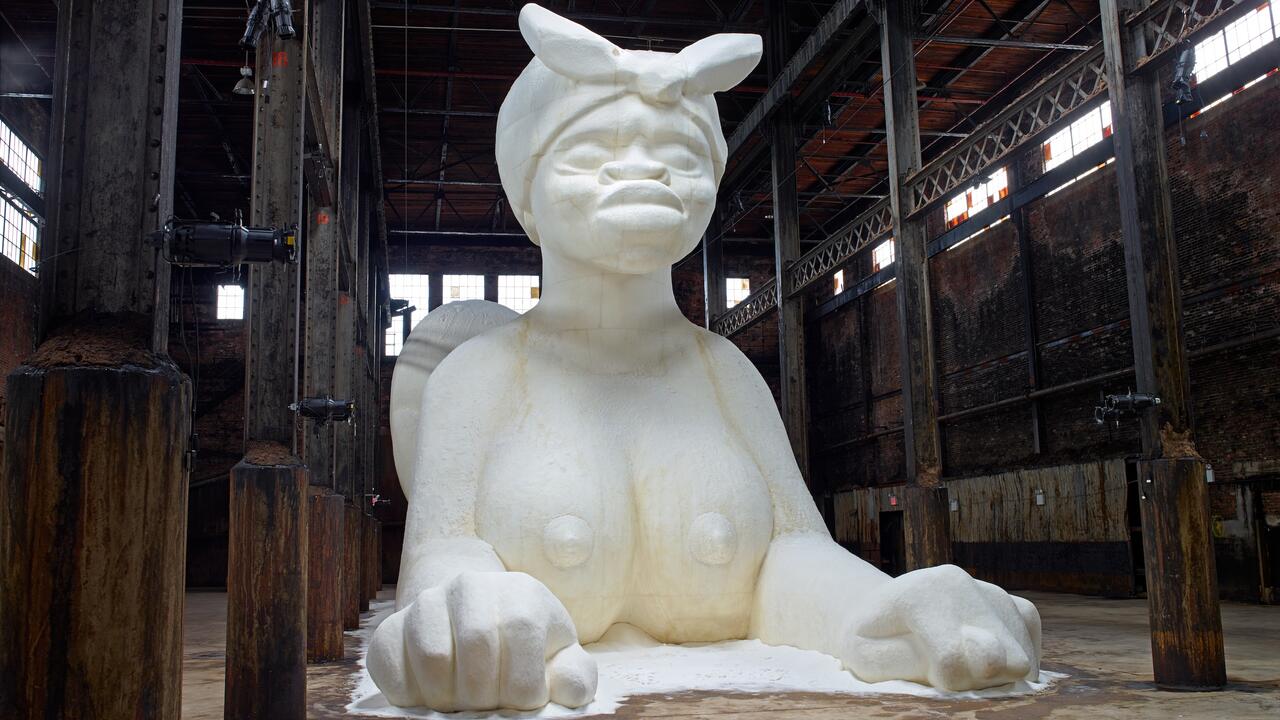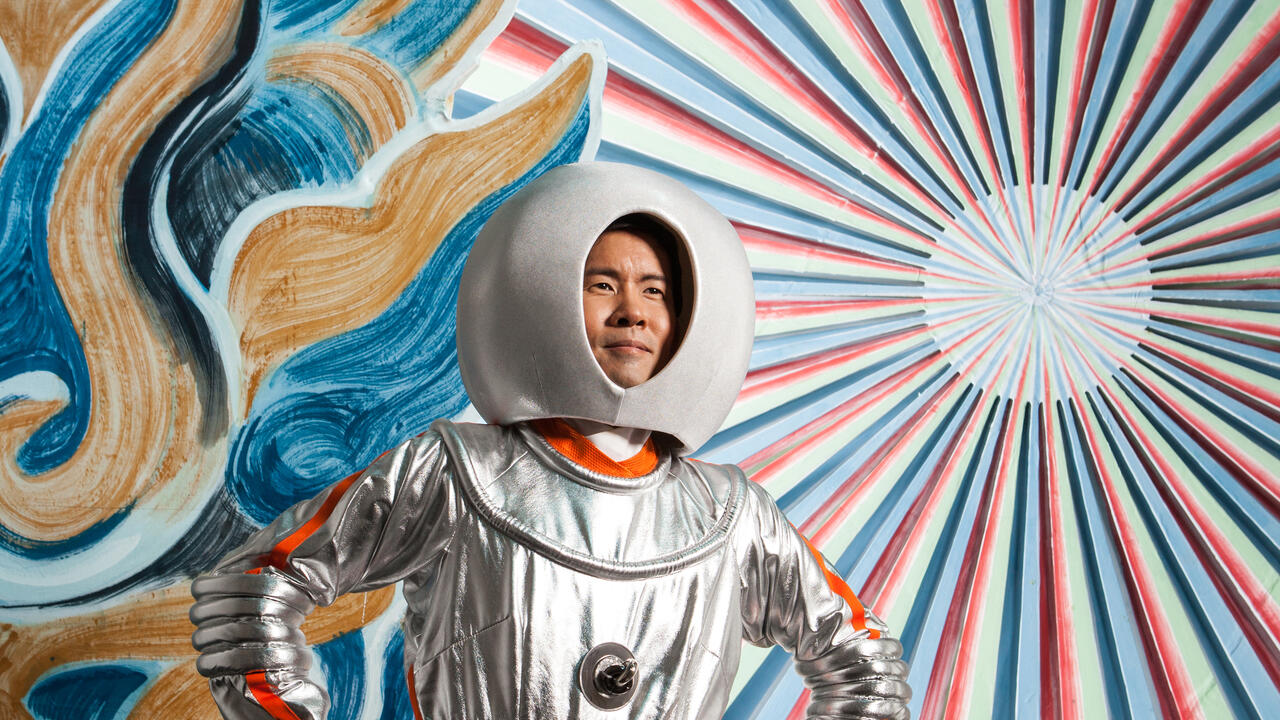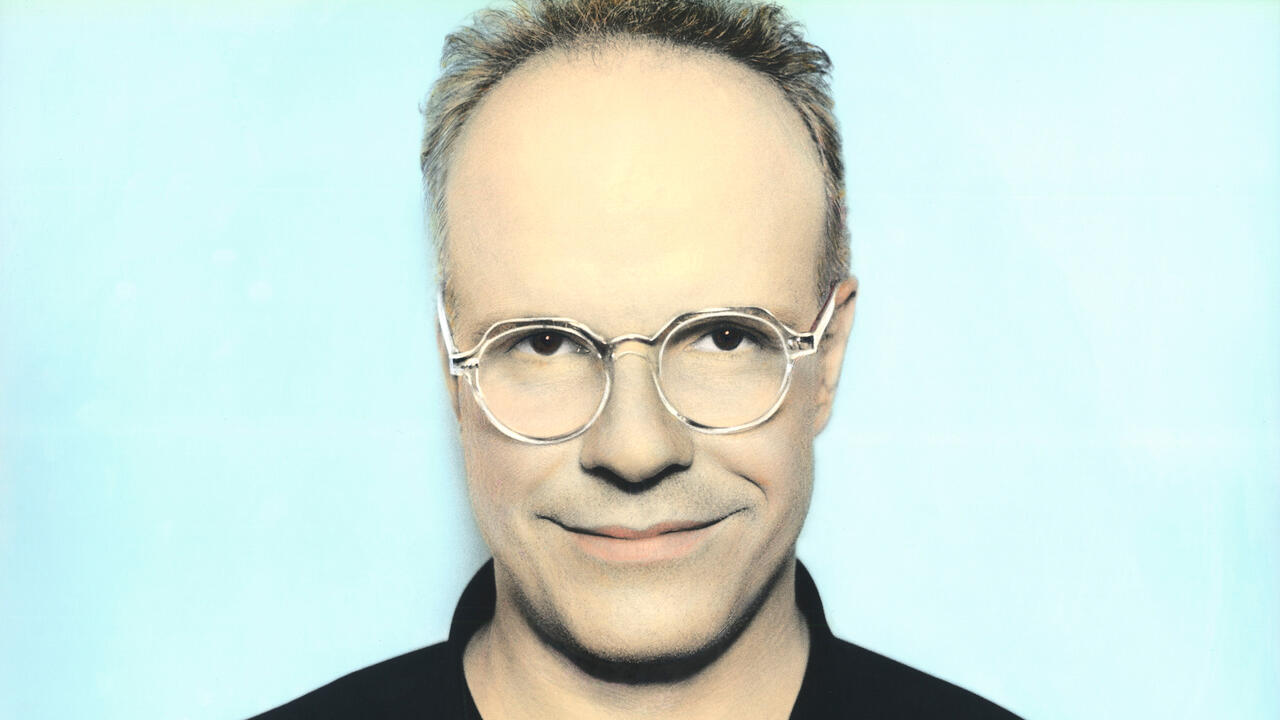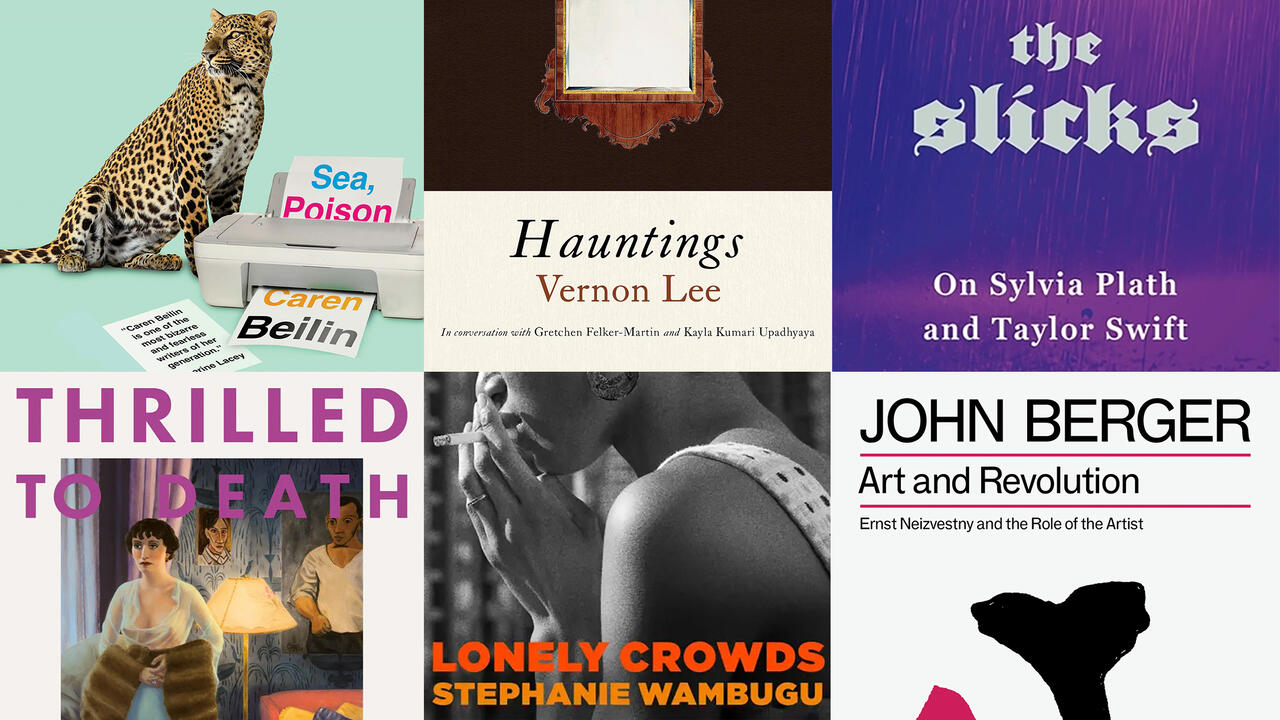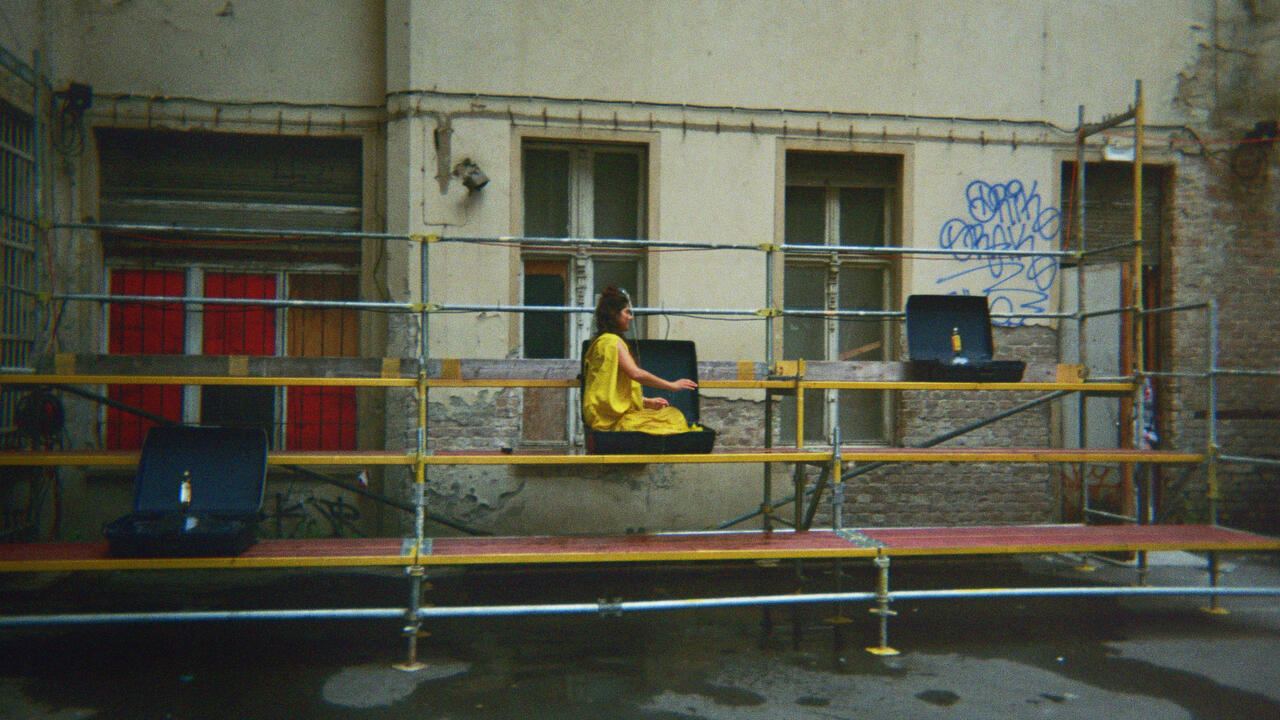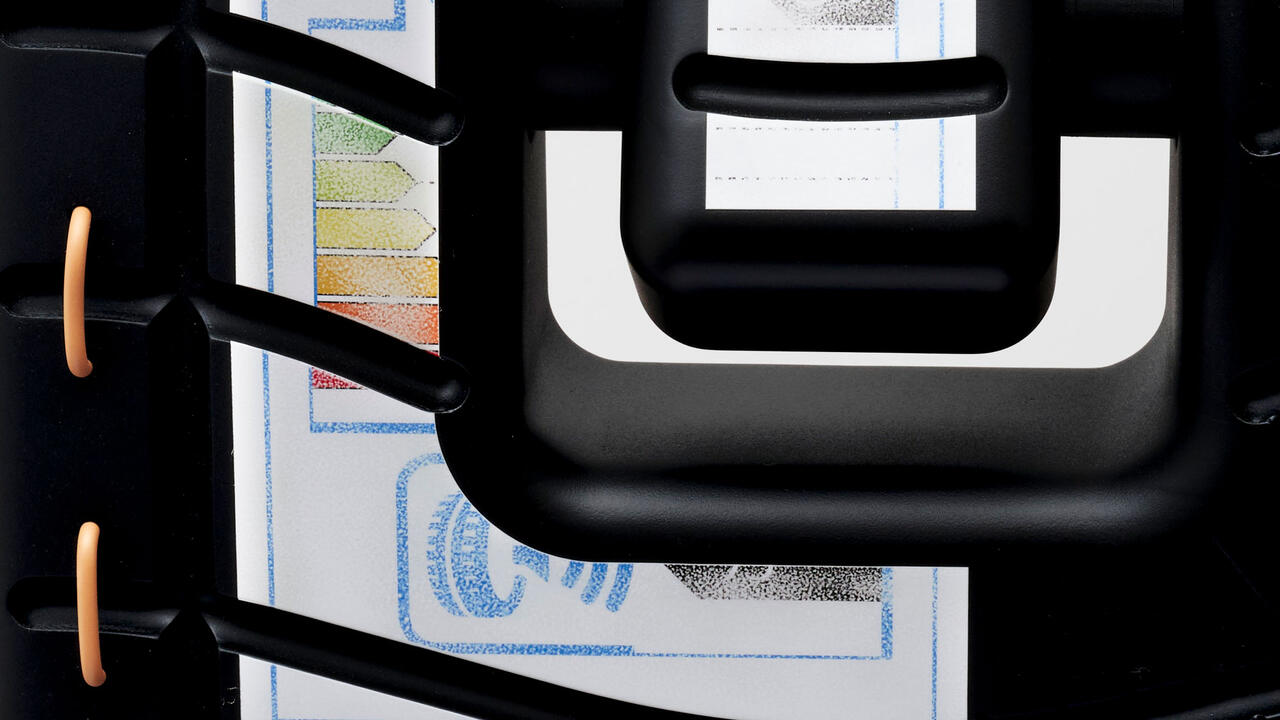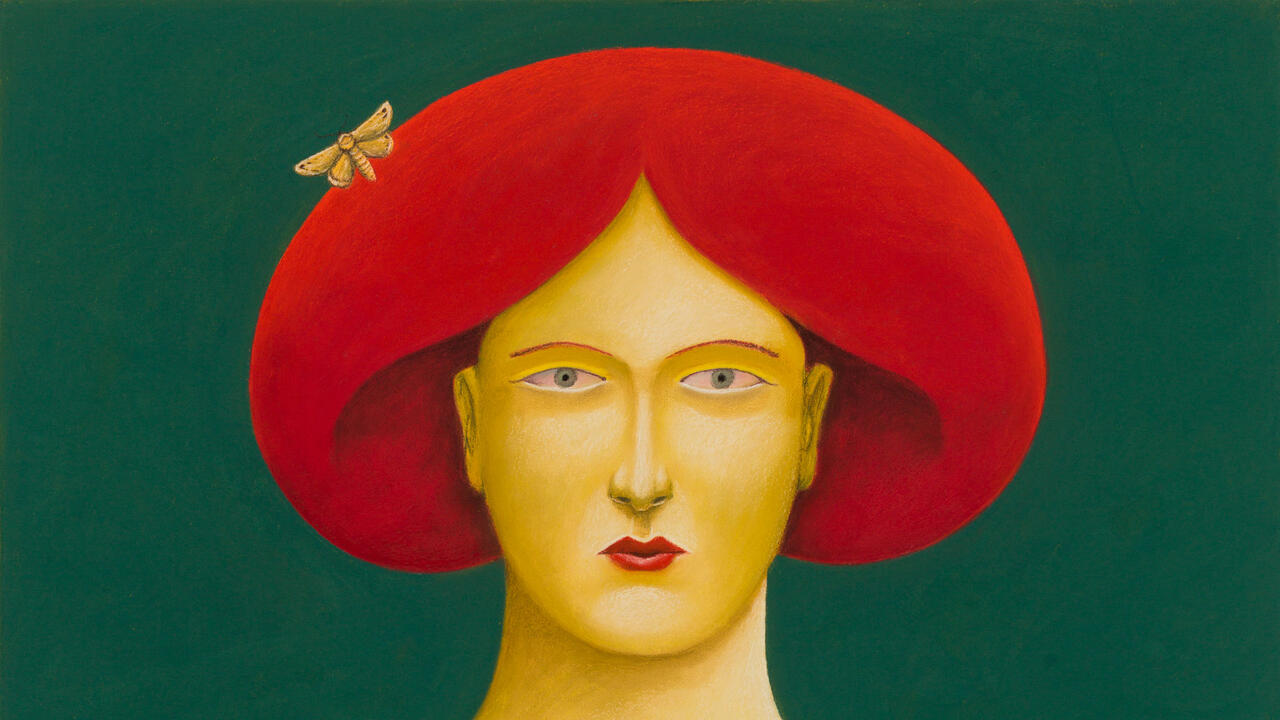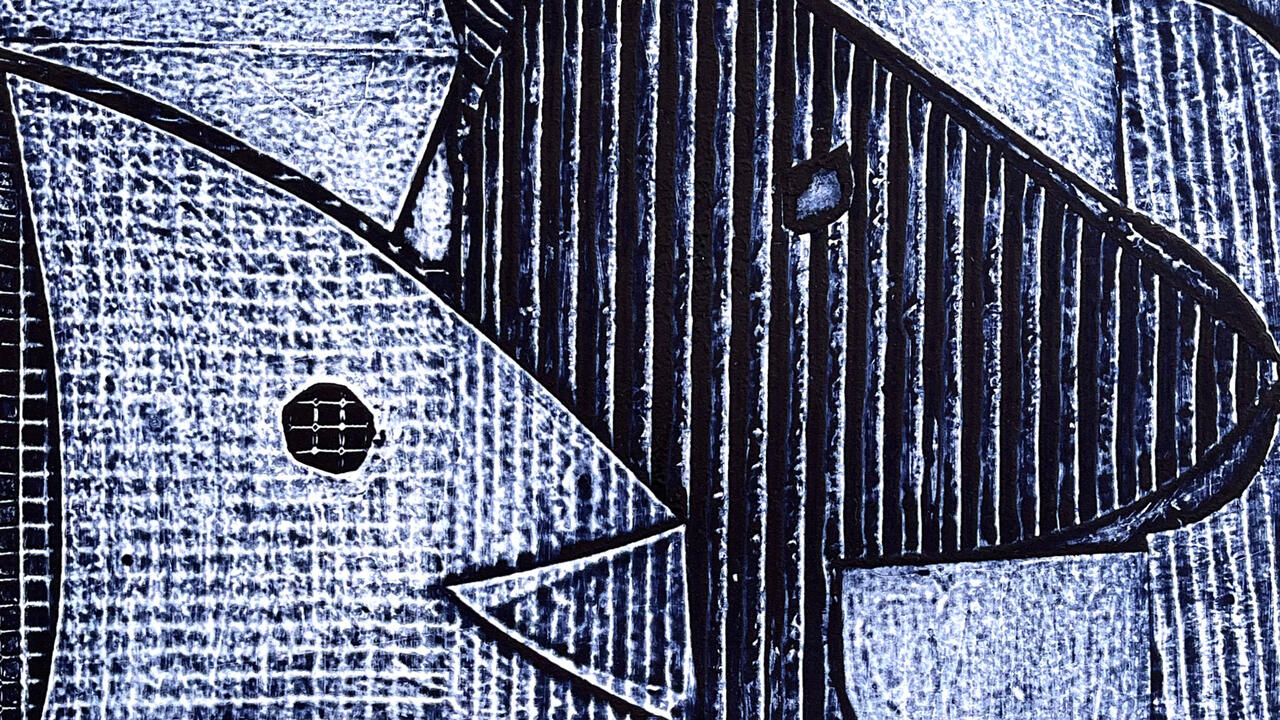Women in the Arts: Fran Lebowitz
‘Very often, the answer to why not would be: because you’re a girl’ – for this series, writer Fran Lebowitz speaks about her experience in the arts
‘Very often, the answer to why not would be: because you’re a girl’ – for this series, writer Fran Lebowitz speaks about her experience in the arts

Andew Durbin When you were beginning your career as a writer, what were the possibilities for mentoring, collaboration and cross-generational engagement among women?
Fran Lebowitz Zero. I would say zero. I never thought about it. First of all, this whole world didn’t even exist. In other words, I never heard the word ‘mentor’. I don’t mean I never heard the word, but not in the way it’s used now. I wasn’t trying to collaborate with anyone, so I don’t know. I’m not the world’s biggest collaborator, as you may have noticed. What was the third one?
AD Cross-generational engagement with women.
FL As far as I could tell, I was the youngest person in New York. So, everyone was older than me. By which I mean, I was 18. So, most people that age were in college. They were in school and I didn’t really see them, and that’s fine. Everybody was older than me, but I don’t remember anyone helping me, if that’s what you mean.
But I also have to tell you, although this doesn’t sound likely, that I might have been well into my 40s before I ever really thought that any of the problems I encountered had anything to do with me being a woman.
Now, in a way, that’s good, I think, because we’re talking about an era where awareness of a horrible problem doesn’t change the problem. To me, it seems, even in retrospect, that it was just as well I didn’t think that. On the other hand, if you think of it that way, you think every single thing is completely your fault. Which I still believe, that every single thing is completely my fault, but I also believe every single other thing is completely your fault.
So, I don’t think in terms of groups like this, even though, in many ways, I’m wrong, and certainly, with regard to being a woman, I was wrong.
This partially has to do with thinking of yourself, wherever you grew up, as being totally outside the environment you live in, and it wouldn’t have really made a big difference, I don’t think. I suppose if I had been a more common type, I would’ve thought it in a different way, but then it wouldn’t have applied so much to me. Of course, feminism was already a movement. I didn’t pay much attention to it, largely because it never occurred to me it would work. I was, unfortunately, largely right.
But I really didn’t think of it that way. Yes, absolutely, in retrospect, a lot of things that did happen to me, happened because I was a woman. Some of them, I was more aware of just trying to earn money than I was in being a writer, things that I thought that were separate, and, largely, I was right.
For instance, people who are younger than me, which is pretty much all people, don’t understand how these things were. For instance, if you were looking for a job, which I was doing constantly. Want ads, which is how you found a job, unless you knew people, which I did not, were divided between men and women.
That’s how you looked for a job. It never occurred to me to look over into the male column and see if there were better jobs because although, probably, there were, what difference would it have made?
But as far as writing, there were, of course, lots of discussions about this, publicly and privately, about being a woman. I think it was a lot harder for artists since they had to deal with more people – galleries, museums, etc., and, of course, because more money was involved. I remember reading Linda Nochlin’s essay in 1971 “Why Have There Been No Great Women Artists”. From a career point of view, of course, it would be harder, but there were always women writers. Whereas, when I was growing up, I never heard of a woman doctor, for instance, or a woman lawyer, something like that. But I read books by women, so that might’ve had something to do with it. This probably isn’t the answer to your question.
AD Well, a simpler version of the question might be: were there particular women whom you knew, when you were publishing, who you felt a kinship with?
FL My first editor for my first book was a woman, named Laurie Colwin, who was also a writer. She was a junior editor at Dutton. And she wrote me a letter, saying that she had been reading me in Interview, which was very odd, by the way, because Interview was read almost entirely by gay men. And it was very odd even for her, which she explained to me. She had had the flu, during which she had read every magazine known to her. She had asked her boyfriend at the time, just go over to the newsstand and get me anything I haven’t read yet, and one of the things he gave her was Interview. So, she started reading me, and then she offered me the contract for my first book, Metropolitan Life (1978). The main thing she taught me was how to make coffee, which I didn’t know how to make. And I still use the coffee pot that she gave me for the occasion. So, you know, she was, in that way, a mentor, I would have to say. At that time, I was already 24, which now sounds very young, but it wasn’t considered that young then.

AD What were some the difficulties you faced in publishing, as a woman?
FL First of all, I was working in Interview. There were other girls there, but not, as far as I can recall, as writers. The receptionist was always a girl, but, in fact, a very specific kind of girl. There was an art director who was a girl. But, in fact, it was very largely male. What was the question?
AD OK, more specifically, what were some of the difficulties of working at Interview and in [Andy Warhol’s] Factory.
FL Well, I just think about it: what was the difficulty of being a girl at the Factory? You can well imagine. But I didn’t think about it.
AD There seems to have been an old gender distinction operating at the Factory, where women were looked at, or were the subjects of art, while men made films, paintings, photographs. How did you fit into that?
FL Obviously, I didn’t fit into it. But women were not looked at in the Factory, by the way.
AD I mean by the camera.
FL Well, I wasn’t in front of the camera. I wasn’t on either side.
AD One of Peter Hujar’s photographs of you is now on view at an exhibition of his work at the Morgan Library. It’s a very popular show, and I’ve been seeing his portrait of you shared across on social media – something I know you don’t have. You give the camera a very particular look. I think it’s become so popular because of the look you’re giving the camera.
FL I wish I could remember that picture more. You’re talking about the picture that was taken in my sister’s bedroom?
AD Yes, you’re lying on a bed.
FL Yes. When that first appeared, I hadn’t remembered him taking that photograph. It was first shown to me after it went on view at the Leslie-Lohman Museum in SoHo. I corrected the curator, because it was not taken at my apartment. That was my parents’ house, and that was my sister’s bedroom. That had been my bedroom, but the second I moved out of the house, my sister was moving in, by which I mean I did not choose that wallpaper.
So, Peter went with me often to my parents’ house, and he stayed overnight a couple of times. He must have just come into my bedroom and said, ‘Can I take your picture?’ And I just sat up and said, ‘Yes.’
I hate having my photograph taken, and I always have. I really hate it. I hated it then, even when I looked like that. But how I was looking at the camera? Peter took numerous photographs of me. Whenever Peter asked to take my photograph, I always said yes, because of my feelings for Peter, but not because I liked having my photograph taken. Of other kinds of photographers, more commercial photographers, fashion photographers, where I’ve had my picture taken for magazines, the ones I always say I like the best are the ones that are the fastest, because the whole process, I just cannot stand.
AD What do you think has changed the most today versus when you were beginning in New York, when you were 24?
FL The way girls are raised now. It’s so different. It’s almost as if they’re two different species. Girls now, not every girl, obviously, but girls have an idea of themselves that girls were not allowed to have when I was young. It didn’t even exist. I’m not saying women weren’t rebellious, but not in the world that I lived in when I was a child. If you wanted to do something and you were not allowed to do it, very often, the answer to why not would be: because you’re a girl.
AD What do you think about #MeToo?
FL I think it is fantastic, and I cannot believe it happened. Truthfully, there are not that many things that take me by surprise.
In the case of Harvey [Weinstein], I never heard [these rape allegations]. I knew Harvey, and I knew a million stories about Harvey, all of which I believed, but I never heard rape, violence. The other stuff, say, around someone like Harvey, well, the best definition for that, since it began, would simply be: the movie business. That’s what the movie business was always like. This stuff about photographers? Photographers have sex with models, that’s the fashion business.
And those get the most attention because the people involved are famous, because it’s glamorous. But the reason I would never be a waitress, which is not a glamorous job, is because I would say to my friends who were waitresses, so almost all of my female friends who had to work, I would say, I’m not doing it. I’m not smiling at men for money, because that’s how they’d get bigger tips. I wouldn’t do it. It was and continues to be the case for every single job. But I am telling you that women, every woman who works, no matter what she does, has two jobs. One is the job, and the other is dealing with men in this way.
People say #MeToo happened very fast. I say, yes, it happened very fast, from the beginning of time until three months ago, or however long ago it was, four months ago. From the beginning of time, and then four months ago, it changed in five seconds. That is true.
It was an astonishing thing to me, really, how quickly it happened, once it happened, but also why it happened. I really believe that this would not have happened if Harvey’s business had been better. If Harvey had been the Harvey at his most powerful, this would not have happened. This happened when he was vulnerable to it. And I could prove that by telling you that it didn’t happen. And so that is something to, I think, consider when you think about this.
But the people that should be most paid attention to, who don’t get attention because they have no ability to attract attention, are women outside of Hollywood, outside of glamorous industries. It’s one thing that this happens to someone who’s trying to get into a movie, and it’s another thing that this happens to people who make beds in hotels, to people who work at the drive-through at McDonald’s. This happens to every girl, and this happens to girls who cannot say anything, and it’s in the hands of men who have no other power. In other words, someone like Harvey, or someone like Charlie Rose, or someone like all these other guys, they have a lot of power in the world. They have power over men, too.
But if you are the janitor on a floor of a hotel, and you can terrorize the maids on that floor, and they do, or you’re the night manager at a McDonald’s in Tulsa, and you can terrorize that girl who works there at night because she needs that $9 an hour, that is much more important, and it’s many, many, many more people.
AD It seems like the next step is to extend #MeToo’s gains to exactly those people that you mentioned.
FL Yes. These people, these women, are incredibly vulnerable. They are vulnerable at work and when they go home to it. You see, that’s the other thing. And they grew up with it. A girl like that, a girl who grows up in that kind of environment, never doesn’t see this. They see this from birth.
And the same way that I, a middle-class white kid in New Jersey in the 1950s, thought, this is the world, girls do dishes, they think this is the world, men beat up women, men sexually abuse women. And if I didn’t think that there was some way to change that when I had a billion times more opportunity to do that, imagine what kids like this think.
Fran Lebowitz is the author of Metropolitan Life (1978) and Social Studies (1981). She is the subject of Public Speaking (2010), a documentary by Martin Scorsese.
Main image: Fran Lebowitz, 2011, phtographed by Christopher Macsurak. Courtesy: Wikimedia Commons









